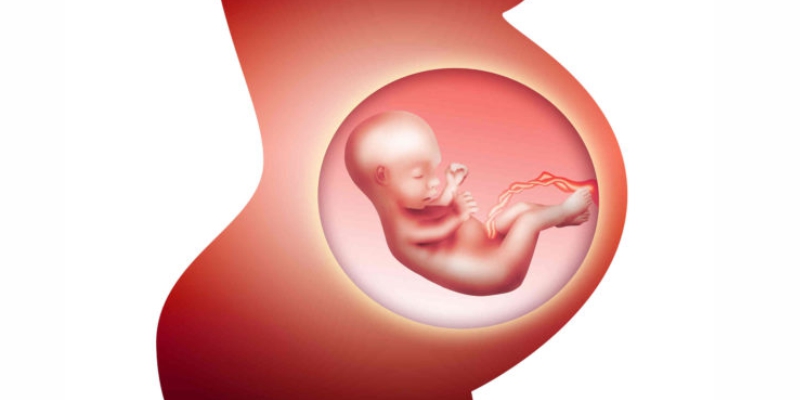Author –Dr Preety Aggarwal
MBBS, DGO, DNB,
Medical Director (Gurgaon)- Obstetrics and Gynaecology
Fibroids: Symptoms and Treatments
Introduction
Fibroids or Uterine fibroids refer to the abnormal growth in or on the uterus. These are non-cancerous tumours that might not even go unnoticed for several years. According to Dr Preety Aggarwal, MBBS, DGO, DNB, Medical Director (Gurgaon)- Obstetrics and Gynaecology, not all fibroids show symptoms, but when they do, it may lead to heavy menstrual bleeding, frequent urination, and pain during sex. Moreover, small fibroids do not require any treatment, the larger ones, however, need to be treated with medications or surgery.
What are Uterine Fibroids?
Uterine fibroids are abnormal growths of muscle and tissues in or on the wall of your uterus. These can either grow as a single nodule or in a cluster. According to the best gynaecologist & obstetrician doctors in Gurgaon, cluster fibroids can range from 1 millimetre to more than 20 centimetres in diameter. Although non-cancerous, these can show severe symptoms in some patients.
What are the Types of Uterine Fibroids?
The type of uterine fibroid depends on where they are located and attached. The common types are:
1. Intramural fibroids: These grow on the muscular wall of the uterus.
2. Submucosal fibroids: These grow under the inner lining of the uterus.
3. Subserosal fibroids: These grow under the lining of the outer surface of the uterus.
4. Pedunculated fibroids: These grow like mushrooms on your uterus
What are the Symptoms of Uterine Fibroids?
As mentioned earlier, fibroids do not cause any symptoms and do not even require any treatment. Larger fibroids, however, cause a variety of symptoms as follows:
1. Excessive bleeding during periods.
2. Bleeding between your periods.
3. A feeling of fullness in the abdomen or bloating.
4. Frequent urination.
5. Pain during sex.
6. Constipation.
7. Chronic vaginal discharge.
8. Low back pain.
9. Increased abdominal distention.
What are the Causes of Uterine Fibroids?
The exact cause of uterine fibroids is not known, the best gynaecologist & obstetrician doctors in Gurgaon, believe that hormones like oestrogen and progesterone play a vital role. Fibroids develop when these hormone levels are higher. Apart from this, some risk factors also increase your chances of developing fibroids:
1 .Obesity and high body mass index (BMI).
2. A family history of fibroids.
3. Early onset of menstruation.
4. Late menopause.
How are Uterine Fibroids Treated?
The treatment of uterine fibroids depends on the size, number, location, and symptoms of fibroids. If you are not experiencing any symptoms, you may not need any treatment. Small fibroids, usually, are not treated. The larger ones, however, may require the following treatments:
1. Over-the-counter medications.
2. Iron supplements.
3. Birth control pills.
4. Oral therapies.
5. Fibroid surgery.
Fibroid surgery or myomectomy is a procedure to remove fibroids. The procedure is performed in the following ways:
1. Hysteroscopy: In this procedure, the best gynaecologist & obstetrician doctors in Gurgaon insert a scope (a thin, flexible tube) into your vagina to reach the uterus and the fibroids are removed.
2. Laparoscopy: In this procedure, the doctor inserts a laparoscope (a thin, flexible tube attached to the camera and tiny surgical instruments) through a small incision in your abdomen.
3. Laparotomy: In this procedure, the doctor creates a large incision on your abdomen to remove fibroids with one cut.
Fibroid treatment depends largely on the medical condition of the patient. Some patients may not require any treatment, the others may need immediate medical attention. If you feel sudden pain and discomfort along with heavy menstrual bleeding, visit Dr Preety Aggarwal at the Motherhood Hospitals for immediate medical attention.


 Toll Free Number
Toll Free Number
















